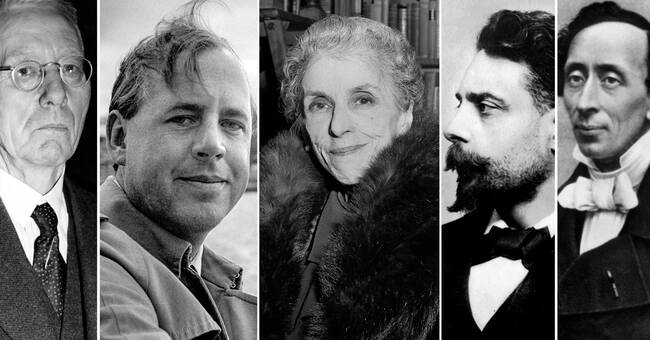The bibliography was produced in 2004 on behalf of the then bourgeois government and has been hotly debated since its introduction.
Fourteen authors are included and the country's high school students must have read at least one text by each author before graduating.
After a student again criticized the canon in the newspaper Politiken in October, the debate has flared up again.
Many Danes are tired of Karen Blixen being the only woman on the list.
- We lack lots of important authors.
There is a long line of women who are on the same level as the men on the list, says Mischa Sloth Carlsen.
Misses Ditlevsen and Brøgger
The Danish Teachers' Association has produced a number of proposals for authors that they think should be included.
The list includes the former Nobel Prize-winning poet Inger Christensen, acclaimed Tove Ditlevsen and Suzanne Brøgger
- It is about giving students quality literature and knowledge in literary history.
These authors serve as role models and arouse the desire to read, says Mischa Sloth Carlsen.
The government is struggling
The Danish Teachers' Association has started a name collection to scrap or update the bibliography.
An appeal is made to the Minister for Social Democratic Children and Education Pernille Rosenkrantz-Theil - who has so far rejected the demands.
"The selected authors provide valuable testimonies about the historical paths that have taken us to where we are today," the minister wrote in a letter to the association.
Pernille Rosenkrantz-Theil wants to keep the bibliography in its current form, but that there is nothing to stop high school teachers from adding more authors to their own teaching.
"Clear signal"
But it is difficult to keep up, says the Danish Teachers' Association's Mischa Sloth Carlsen.
In addition, the symbolic value of a literary canon is strong.
- It is a clear signal to the teachers about what should be read.
We wonder why the Minister does not want to listen to the teachers and students.
Many of us are wondering about this.

